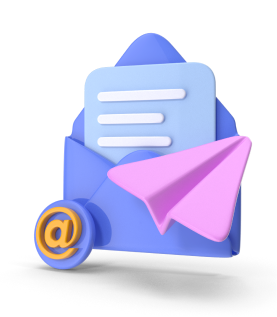Bugfender Blog

Subscribe to our newsletter!
Sign up here to get the latest news, updates and special offers delivered directly to your inbox.

Sign up here to get the latest news, updates and special offers delivered directly to your inbox.
Join thousands of developers
and start fixing bugs faster than ever.